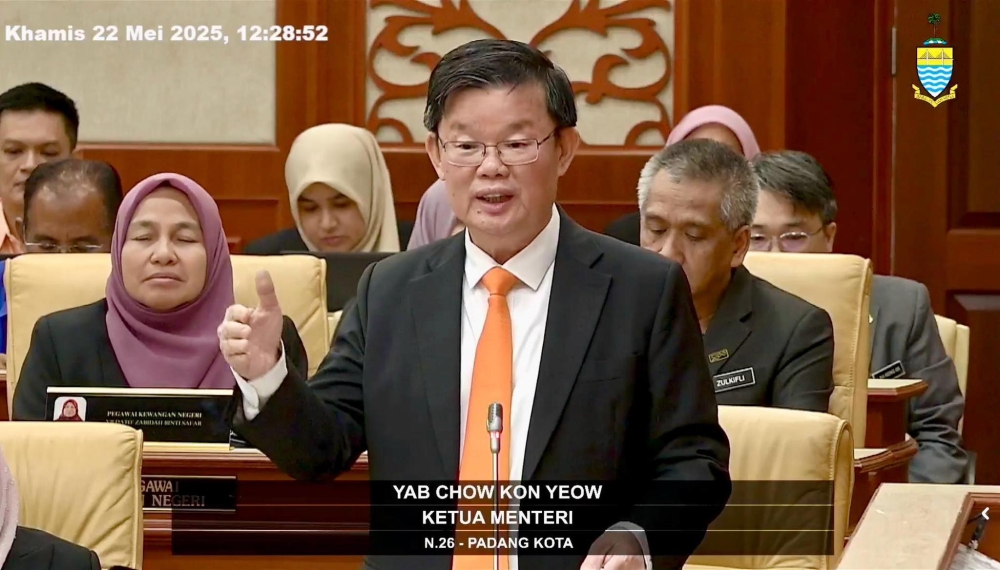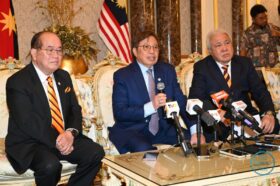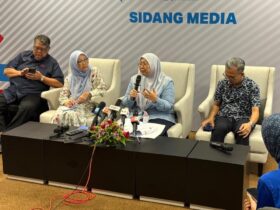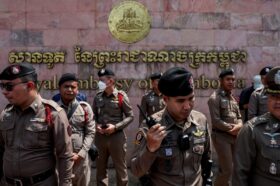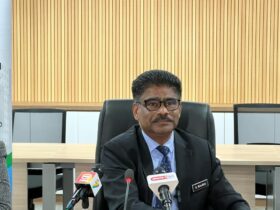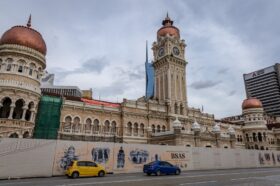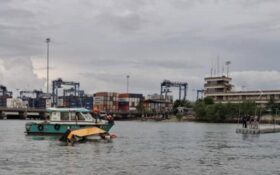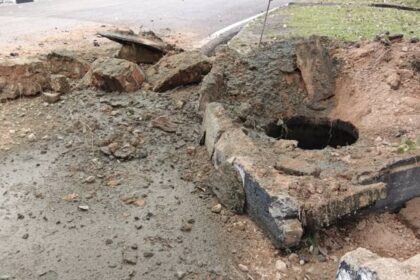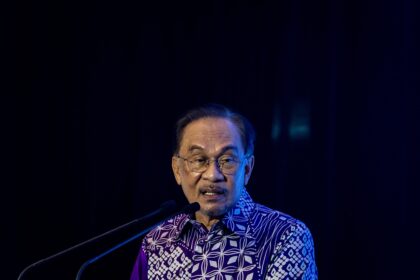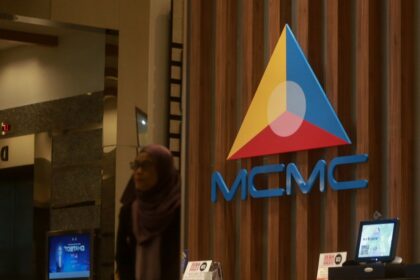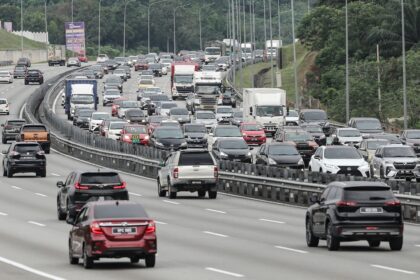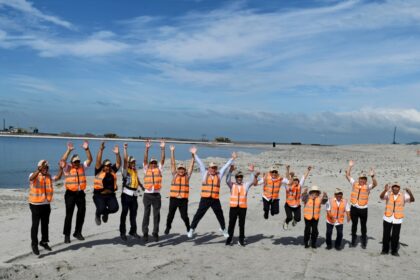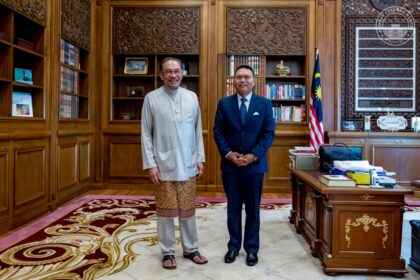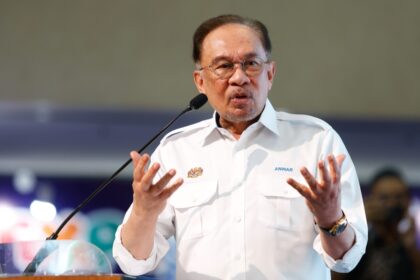GEORGE TOWN, May 22 — Penang Chief Minister Chow Kon Yeow said the state has always depended on land transactions — through leases, alienation, and other methods under the National Land Code — to generate revenue.
He said Penang lacks natural resources such as mines or a logging industry, and without these revenue streams, the state must rely on its land and land reclamation to create more land.
“What is there to be ashamed about the state disposing of its lands for revenue for the sake of development?” he said in his winding-up speech at the state legislative assembly today.
Chow said Penang has depended on this model for the past five decades, and there is nothing shameful about it.
He added that if Penang had not followed this approach to establish the Free Industrial Zone in the past, it would not be where it is today.
“What would Penang be like today if we had not disposed of land through leases and alienation to attract investors here?” he asked.
He said the state cannot always rely on federal handouts, especially when the federal government is facing its own financial challenges.
“We have to depend on ourselves, so this is what we can do,” he said.
Chow was responding to Penaga assemblyman Yusni Mat Piah (PAS), who had raised concerns about the state “selling off” government land to fund its finances.
“The business of land transactions in Penang was not solely to get revenue but at the same time, it was aimed at driving development, creating job opportunities and improving economic prospects of the area,” he said.
He clarified that technically, the state is not “selling land” but disposing of it through leases, alienation, or other mechanisms.
“So the term ‘selling lands’ cannot be used in the context of the state’s land administration,” he said.
When disposing of land, he said the state government considers valuations provided by the Valuation and Property Services Department (JPPH).
“If the land involved a strategic project, including the construction of housing, the state would call for a Request for Proposal to dispose of the land,” he said.
He added that this allows the state to obtain a higher premium than the pre-development land value.
Chow stressed that this method of land disposal not only raises revenue but also serves a greater purpose.
“This is because the land is used for development and to improve the socio-economy of the area,” he said.
He noted that if the state did not take the initiative to develop land, it would face the burden of maintenance costs, while the public would miss out on benefits such as roads and playgrounds.
Earlier, clarifying the state’s financial situation, he said Penang had recorded RM374,435,482.53 in revenue as of May 20.
This comprised tax revenue of RM98,716,994.29, non-tax revenue of RM250,830,784.60, and non-revenue receipts of RM24,887,703.64.
The state’s expenditure as of May 20 stood at RM296,196,363.99. The breakdown was as follows: RM71,375,762.36 (emoluments), RM48,776,352.48 (services and supplies), RM3,754,878.50 (assets), RM170,268,758.36 (grants and fixed charges), and RM2,020,612.29 (other expenses).
“The revenue collected exceeded expenditure so the state recorded a revenue surplus of RM78,239,118.54,” he said.
He said the balance of the consolidated revenue account as of May 21 was RM235,550,779.63.
“This clearly indicated that non-tax revenue is the primary contribution to the state’s income, accounting for over 67 per cent of the total revenue,” he said.
He said this revenue includes income from land premiums, service fees, and investment returns.
Chow also pledged to restore the consolidated account balance to RM1 billion before the end of his term, so that the state government can use it for the welfare of Penangites in the future.
Source:  CM: With no other natural resources, Penang has always relied on land transactions for revenue
CM: With no other natural resources, Penang has always relied on land transactions for revenue
